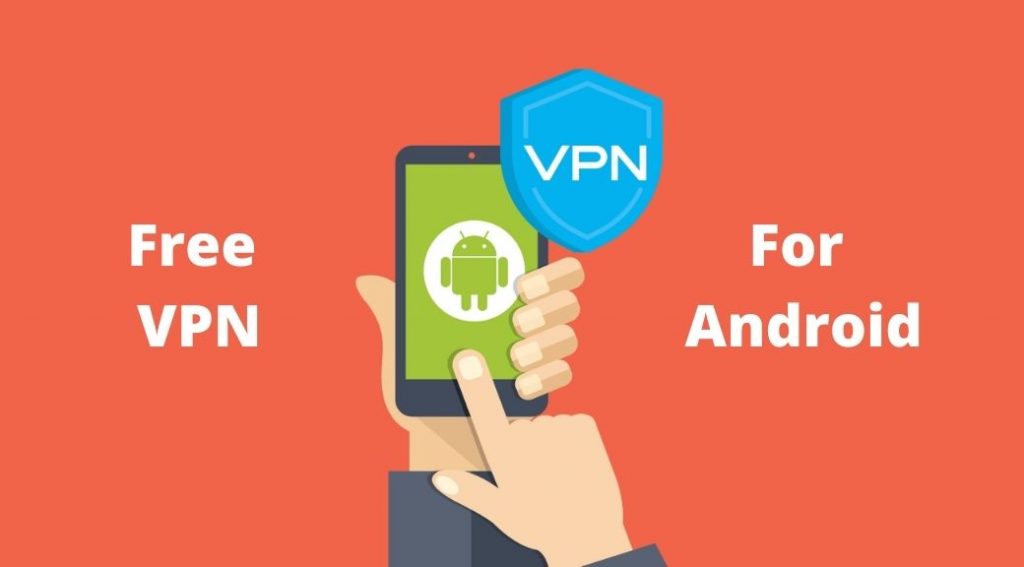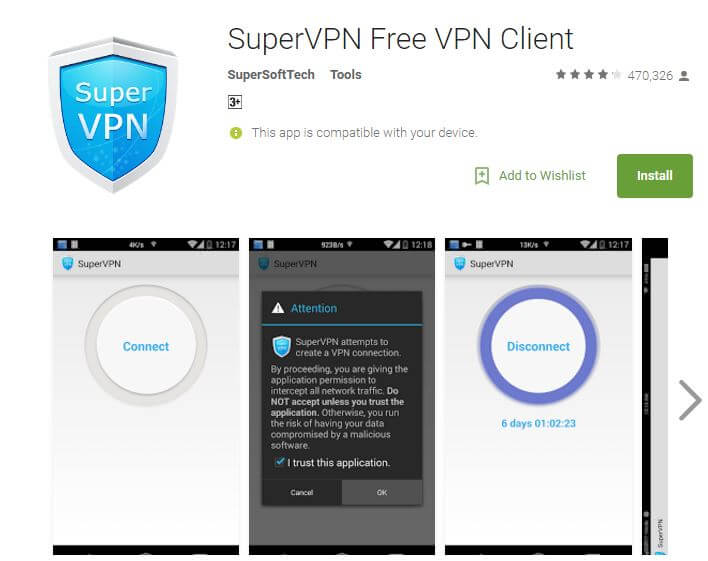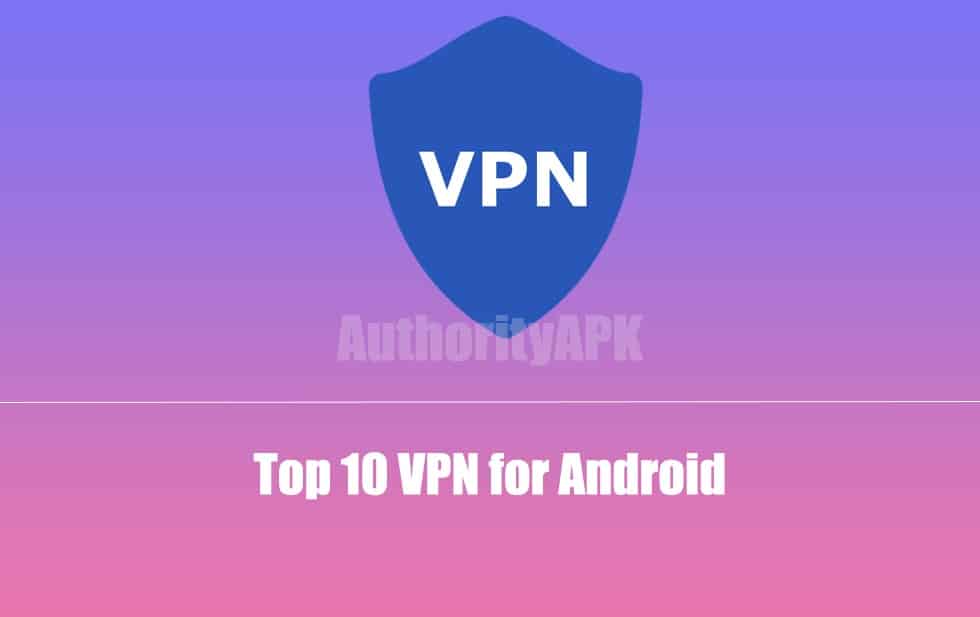

Among the trusted providers, some offer free trial versions, limited in time or features, such as TunnelBear or WindScribe, others offer trial versions with money-back guarantees, such as the trio NordVPN, ExpressVPN and CyberGhost. However, not all free VPNs are dishonest and many of them respect their commitments. Since free VPNs do not pay for the options they provide to Internet users, some do not hesitate to collect and sell very personal information about their users. Indeed, by redirecting your Internet connection via a VPN server, the administering company can intercept and analyse the connection data at any time. In other words, you must ensure that the provider you trust does not collect or store any personal data, even more so with a free VPN than with a paid VPN.
#BEST VPN FOR ANDROID FREE DOWNLOAD SERIES#
In other words, installing a VPN on an Android smartphone or tablet offers users the possibility of unblocking films, series and documentaries that would otherwise be inaccessible from the country where they are physically located.įirst requirement: it is essential that the VPN service you choose has a very strict no-log privacy policy. One thinks in particular of the catalogues of streaming platforms, which vary from one country to another depending on the exploitation and broadcasting contracts signed between Netflix, Amazon Prime Video and others, and the rights holders.

It is also necessary to come back to the secondary consequences resulting from the virtual modification of the IP address which, by simulating a new geographical location for the Internet user, allows him to circumvent geo-restrictions on access to content broadcast on foreign platforms. The advantages of VPN in protecting online anonymity are therefore obvious. In addition to neutralizing hackers operating on corrupted Wi-Fi connection points, such a scheme prevents websites and other third-party actors involved in the processing of the request from identifying the source of the traffic (virtual IP address) and effectively tracking the web activities of Internet users. This makes it extremely difficult to intercept your data and impossible to decrypt it.īefore querying the requested websites and services, the connection bounces to an intermediate VPN server which decrypts the locked data, assigns a new IP address to the traffic (that of the VPN server) and sends the request back to the public Internet. Specifically, the VPN encrypts and isolates your connection from the rest of the public Internet traffic (HTTP/HTTPS). By choosing a VPN to secure your connection to these vulnerable networks, you apply an extra layer of protection to the data that passes between your mobile device and the point of connection to the Internet. These are prime targets for malicious third parties, as they are a wide-open door to your most confidential personal information such as your logins and passwords, access codes to your bank accounts, credit card numbers and associated cryptograms.

We are thinking in particular of public or semi-private hotspots, such as university, company, hotel, airport or municipal networks. Indeed, we recall that it is easier for hackers to hack a poorly configured Wi-Fi connection point than a wired network linked to an Internet box. On Android, even more than on desktop platforms, a VPN secures your Internet connection.


 0 kommentar(er)
0 kommentar(er)
